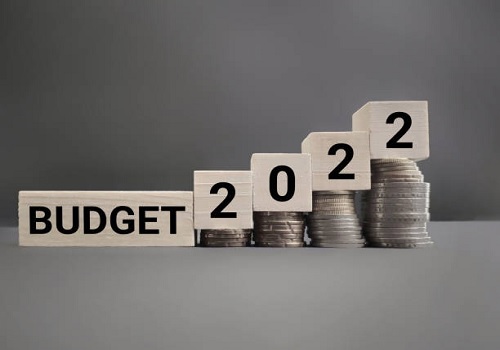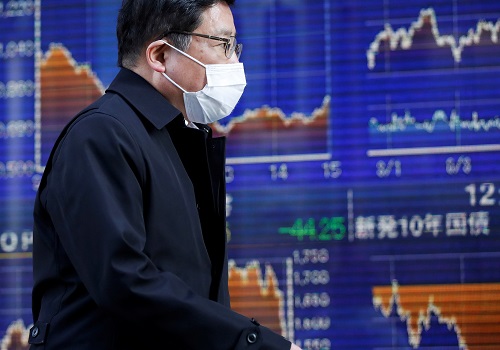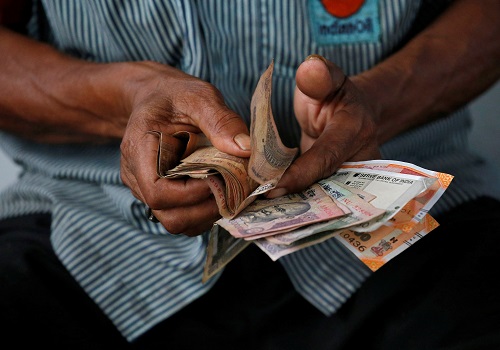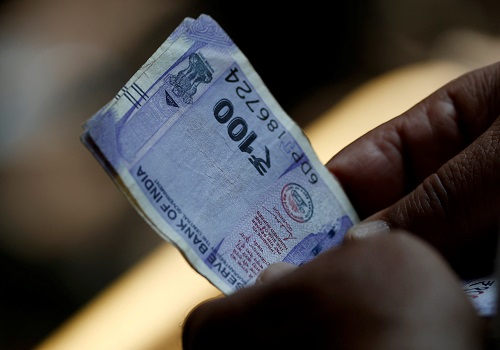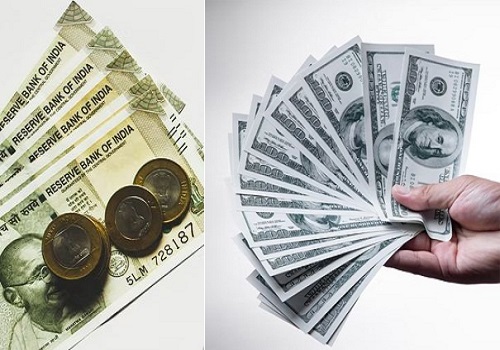Indian rupee to trade near record lows despite surging growth
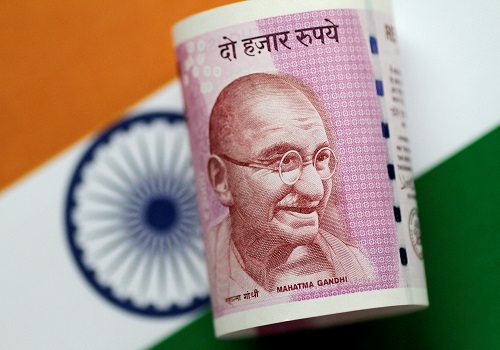
Follow us Now on Telegram ! Get daily 10 - 12 important updates on Business, Finance and Investment. Join our Telegram Channel
The Indian rupee will trade near record lows against the dollar over the coming months, according to a Reuters poll of FX strategists who also said the Reserve Bank of India would likely intervene less in the coming year to support the currency.
India's economy is expected to expand 6.3% this fiscal year, the fastest-growing major economy in the world. But the rupee is not reflecting that optimism, having hit a record low of 83.29/$ earlier this month.
Thanks to the RBI's regular interventions in currency markets to arrest any sudden moves, the rupee has fared better than most of its Asian peers and was down just 0.6% for the year.
Although the recent decline in U.S. Treasury yields and weaker-than-expected U.S. economic data took some of the strength out of the dollar, the rupee was not expected to benefit much yet.
The latest Reuters poll of 42 foreign exchange analysts taken Nov. 3-7 suggested the rupee would trade around its current level of 83.25/$ in a month and 83.00/$ in three months.
However, over 30% of strategists, 13 of 42, still expect the rupee to touch a new low by end-January.
"We're not expecting it to rally as strongly as some of the other currencies that would be more freely-floating... because it's already stronger than perhaps fundamentally it would have been," said Robert Carnell, regional head of research, Asia Pacific at ING.
The rupee was then forecast to gain nearly 1% to 82.50/$ in six months and around 1.5% to 82.00/$ in a year. Forecasts for the 12-month period ranged from 80.00/$ to 85.67/$.
With most major central banks likely done with their policy tightening cycles, analysts said the dollar's dream run over the past couple of years may have come to an end, putting less pressure on the RBI to intervene in currency markets.
Last month, RBI Governor Shaktikanta Das defended the regular use of its $586 billion in foreign exchange reserves saying it was necessary to prevent excessive volatility. The central bank sold about $23 billion in the last four months.
A near 70% majority of strategists, 16 of 23, who answered an additional question said RBI intervention would decrease over the coming year. The rest said it would increase.
"With a reversal of capital flows next year, the RBI's intervention in the currency market should reduce," said Suman Chowdhury, chief economist at Acuite Ratings and Research.
"Once you have a little more clarity on the Fed rate trajectory, U.S. Treasury yields are likely to come down further. If oil prices also don't see any further escalation then we are expecting that the (rupee) rate will stabilize."












 320-x-100_uti_gold.jpg" alt="Advertisement">
320-x-100_uti_gold.jpg" alt="Advertisement">



